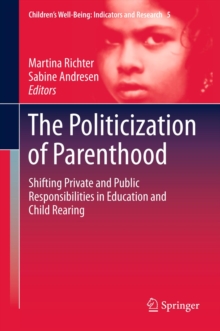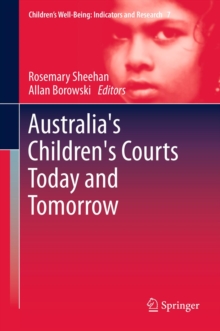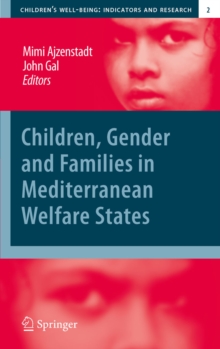
From Child Welfare to Child Well-Being : An International Perspective on Knowledge in the Service of Policy Making PDF
Edited by Sheila Kamerman, Shelley Phipps, Asher Ben-Arieh
Part of the Children's Well-Being: Indicators and Research series
Description
This chapter provides a brief overview of the book highlighting the modest progress from child welfare to child well-being re?ected in these chapters, and the parallel movement in Kahn's career and research, as his scholarship developed over the years.
It then moves to explore the relationship between two overarching themes, child and family policy stressing a universal approach to children and social prot- tion stressing a more targeted approach to disadvantaged and vulnerable individuals including children and the complementarity of these strategies.
Introduction To a large extent Alfred J. Kahn was at the forefront of the developments in the ?eld of child welfare services (protective services, foster care, adoption, and family preservationandsupport).
Overtimehisscholarshipmovedtoafocusonthebroader policy domain of child and family policy and the outcomes for child wellbeing.
His work, as is true for this volume, progressed from a focus on poor, disadvantaged and vulnerable children to a focus on all children.
He was convinced that children, by de?nition, are a vulnerable population group and that targeting all children, empl- ing a universal policy as a strategy would do more for poor children than a narrowly focused policy targeted on poor children alone, As we ?rst argued more than three decades ago (Not for the Poor Alone; "Universalism and Income Testing in Family Policy"), one could target the most disadvantaged within a universal framework, and this would lead to more successful results than targeting only the poor.
Information
-
Download - Immediately Available
- Format:PDF
- Publisher:Springer Netherlands
- Publication Date:23/10/2009
- Category:
- ISBN:9789048133772
Information
-
Download - Immediately Available
- Format:PDF
- Publisher:Springer Netherlands
- Publication Date:23/10/2009
- Category:
- ISBN:9789048133772










